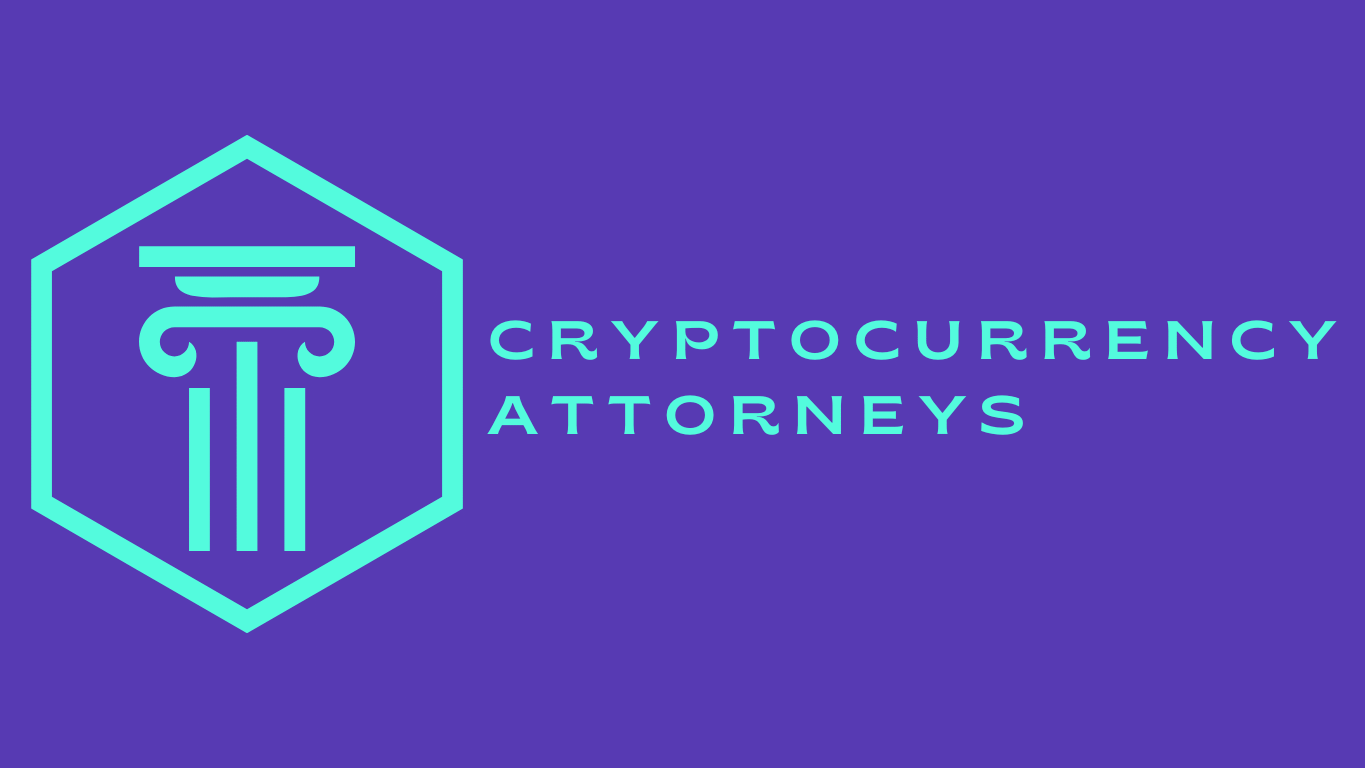Strong research skills are one of the most valuable tools an investor can have, helping you spot risks, verify facts, and make smarter financial choices.
Before you put a single dollar into an investment—whether it’s stocks, real estate, or cryptocurrency—you need more than just a good feeling. You need facts. Research is your first line of defense, helping you spot real opportunities and avoid costly mistakes.
In this guide, you’ll learn the essential research skills every investor should have. These skills not only help you find solid investments but also protect you from scams, hype, and unnecessary risk.
Why Research Matters in Investing
Good research separates smart investors from lucky (or unlucky) ones. It helps you:
-
Tell the difference between legitimate opportunities and scams
-
Avoid emotional, spur-of-the-moment decisions
-
Understand the full picture before committing your money
Without research, you’re more likely to fall for hype, miss key warning signs, or put money into something that doesn’t match your goals.
The 5 Essential Research Skills for Investors
1. Source Verification
Before trusting any investment, confirm that the company, project, or person is legitimate.
-
Search business registrations in state or national databases
-
Check for required licenses or regulatory filings (like SEC registrations)
-
Search for news coverage beyond the company’s own press releases
Example: If someone claims to be a licensed broker, verify their status on FINRA’s BrokerCheck.
2. Reading Financial Documents
Financial statements, annual reports, and—if you’re in the crypto space—whitepapers, can tell you a lot about a project’s health.
Red flags include:
-
Vague descriptions of how the business works
-
Missing or outdated financials
-
Promises of “guaranteed” high returns
3. Understanding the Market Context
Before you invest, understand the industry and market trends that could affect it.
-
Use reliable financial news outlets and industry reports
-
Watch for major events—like regulations, lawsuits, or technology changes—that could impact value
4. Risk Assessment
No investment is risk-free. A skilled investor asks:
-
What could go wrong?
-
How much am I willing to lose?
-
Does the potential reward justify the risk?
A balanced view of both risk and reward is critical to making informed decisions.
5. Cross-Checking Information
Don’t rely on a single glowing review or influencer post. Compare information from multiple sources—official filings, independent analysts, and trusted media.
The more consistent the facts, the more confidence you can have in your decision.
Common Mistakes to Avoid
-
Following tips from social media without verifying
-
Ignoring negative reviews or regulatory warnings
-
Skipping the fine print or terms of an investment
-
Letting FOMO (fear of missing out) push you into a rushed decision
Free & Trusted Research Tools
You don’t need expensive subscriptions to get reliable information. Try:
-
SEC EDGAR – Search company filings
-
FINRA BrokerCheck – Verify financial professionals
-
State Business Registries – Confirm company registration
-
FTC Reports & Alerts – See recent scam warnings
Building a Personal Research Routine
The best investors make research a habit.
-
Create a pre-investment checklist
-
Keep notes on what you find and why you made each decision
-
Review past investments to learn from mistakes and successes
When to Seek Professional Advice
Some investments are complex and deserve a second opinion. Licensed financial advisors, attorneys, and accountants can help you understand risks and legal requirements.
Tip: Verify a professional’s credentials before acting on their advice. And, as a reminder, this post and website are for informational purposes only and do not provide legal advice.
Strong research skills are an investor’s best protection. By taking the time to verify facts, understand risks, and cross-check sources, you can invest with confidence and avoid costly mistakes.
Looking to support a crypto fraud victim? We’ve compiled resources that may be able to help.
